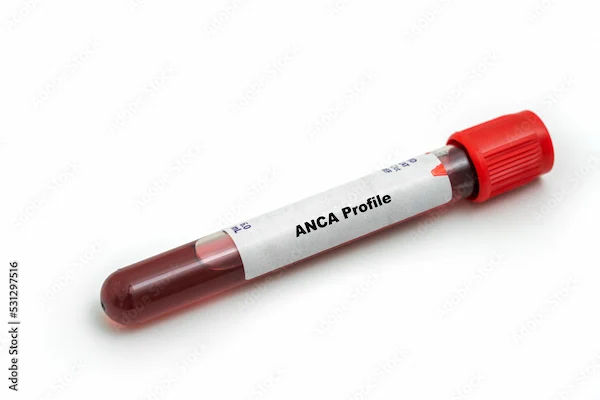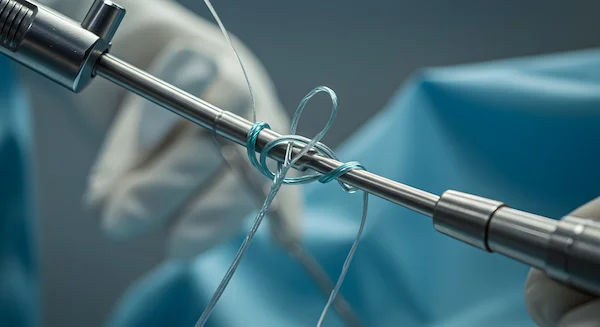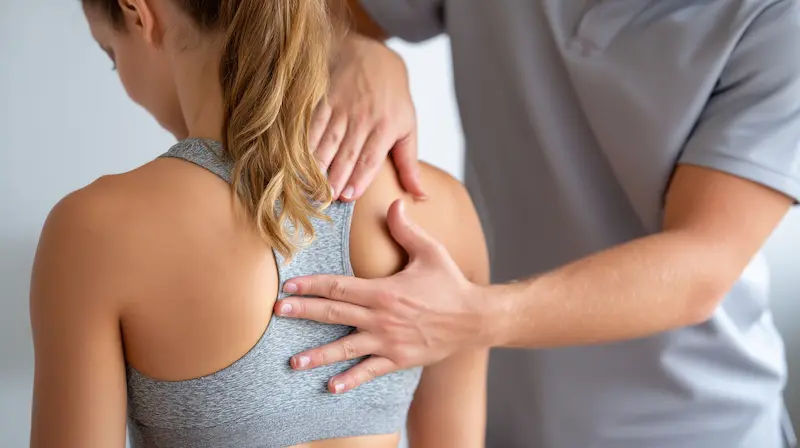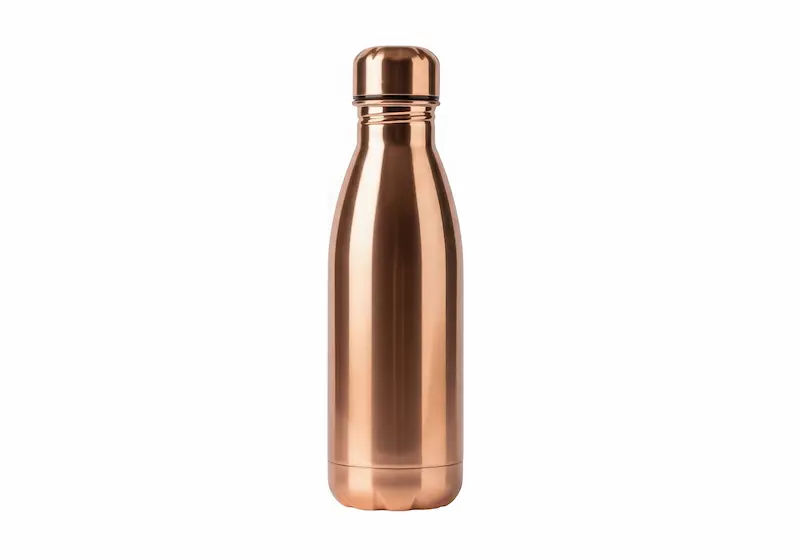Home Hygiene Tips for New Parents During the Rainy Season
Discover essential home hygiene tips for new parents to keep babies safe and healthy during the rainy season.


Introduction
Congratulations on your new bundle of joy! As new parents, your world now revolves around keeping your baby safe, healthy, and happy. This task becomes particularly crucial during the rainy season, when humidity and dampness create a breeding ground for germs, mold, and mosquitoes. This comprehensive guide to home hygiene is designed specifically for you. We will move beyond basic tips and delve into a strategic plan to monsoon-proof your parenting routine. From mastering the art of handwashing to controlling indoor humidity and understanding your newborn’s delicate skin needs, this article will equip you with the knowledge to build a strong defence against seasonal health threats. Let’s embark on this journey to create a clean, safe, and healthy sanctuary for your little one.
Why Hygiene is Non-Negotiable for Your Newborn
Bringing your newborn home is a moment of pure joy, but it also comes with a profound responsibility. Your baby’s immune system is still under development, making them highly vulnerable to infections that adults and older children can easily fight off. This vulnerability is why a rigorous hygiene routine isn't just recommended, it's essential.
Understanding Your Newborn's Developing Immune System
At birth, babies have a passive immunity passed from their mother, but this protection is temporary. Their own immune systems will take months, even years, to mature fully. This means their bodies are less equipped to combat bacteria, viruses, and fungi. Every surface, every unwashed hand, and every poorly cleaned feeding bottle presents a potential risk. Your diligent hygiene practices act as a vital shield, protecting them while their natural defences grow stronger.
Common Monsoon Season Health Threats for Infants
The rainy season exacerbates these risks. High humidity and stagnant water are perfect environments for pathogens. Common threats include:
- Viral Infections: Colds and flu spread more easily in closed, damp environments.
- Fungal Infections: Conditions like diaper rash can worsen, and skin folds are prone to fungal growth like candidiasis.
- Water and Mosquito-Borne Diseases: Dampness can lead to mold, which spores can irritate tiny lungs, while mosquitoes breeding in stagnant water can carry diseases like dengue and malaria.
Understanding these specific monsoon illnesses in babies helps you target your hygiene efforts effectively.
The Hygiene Commandments: Your Daily Defence Strategy
Maintaining good hygiene is key to preventing illness every day. Here are the hygiene commandments to keep you and your family safe.
Hand Hygiene: The First Line of Defence
This is the single most important hygiene tip for newborns. Anyone who handles the baby parents, grandparents, siblings, visitors must have clean hands.
The Right Way to Wash Hands (For the Whole Family)
A quick rinse isn’t enough. Follow the WHO technique: wet hands, lather with soap for at least 20 seconds (scrubbing between fingers, under nails, and the backs of hands), rinse thoroughly, and dry with a clean, disposable towel or a dedicated personal towel that is washed frequently.
When to Use Hand Sanitiser Around the Baby
While soap and water are best, an alcohol-based hand sanitiser (with at least 60% alcohol) is a good alternative when you're not near a sink. Ensure the sanitiser has completely dried before touching the baby, as the alcohol can be harsh on their sensitive skin.
Diaper Duty: Preventing Diaper Rash and Infections
A wet or soiled diaper creates a warm, moist environment ideal for bacteria and yeast. Change diapers frequently, even if they are just wet. During each change, clean the area thoroughly with mild wipes or lukewarm water and a soft cloth. Pat dry completely, do not rub before putting on a new diaper. Allowing some "air time" each day can be highly effective in preventing diaper rash.
Feeding Time Hygiene: Bottles, Breast Pumps, and More
Proper sterilisation of baby bottles and pump parts is non-negotiable for the first year. Simply washing with soap isn't sufficient to kill all harmful bacteria. Use a steam steriliser or boil the items in water for 5-10 minutes after every use. Store sterilised equipment in a clean, closed container.
Consult a Paediatrician for the best advice
Monsoon-Proofing Your Home Environment
The rainy season can bring moisture, pests, and germs into your home. Here are the effective ways to protect your home during the monsoon for a safe and comfortable living environment.
Controlling Humidity and Preventing Mold Growth
Indoor humidity is a major challenge. Use a dehumidifier or an air conditioner to keep humidity levels below 50%. This is crucial for preventing mold in the baby's room, as mold spores can trigger respiratory issues. Regularly check corners, behind furniture, and in bathrooms for any signs of mold growth and clean it immediately with a vinegar solution.
Managing Dampness in Nursery Clothes and Linens
Clothes and linens can feel damp and develop a musty smell. Use a clothes dryer or an iron to ensure all baby garments and bedding are completely dry before use. Avoid storing clothes in damp cupboards; instead, use moisture absorbers.
Safe Use of Mosquito Repellents and Nets
Chemical repellents are not recommended for newborns. The safest method is physical barrier protection. Ensure your baby’s crib or bed has a well-secured mosquito net. Install mosquito screens on windows and doors to allow ventilation without letting insects in. This is the cornerstone of safe mosquito protection for infants.
Bath Time and Personal Care in Humid Weather
Humidity can make personal care more challenging.
How Often Should You Bathe Your Newborn in the Rainy Season?
Contrary to popular belief, newborns don't need a daily bath. 2-3 times a week is sufficient, as over-bathing can dry out their skin. However, during the humid monsoon, you might need to give them a quick "sponge bath" with a damp cloth to clean sweat from skin folds. The key is to dry them thoroughly afterwards.
Skincare Tips to Combat Heat Rashes and Fungal Infections
Pay special attention to drying skin folds under the neck, armpits, and groin area. Use a soft towel to pat these areas dry. Apply a paediatrician-recommended barrier cream or powder to keep these areas dry. Dress your baby in loose, breathable, 100% cotton clothing to allow their skin to breathe, a vital part of newborn skin care in monsoon.
When to Seek Professional Help
Not all health or hygiene issues can be managed at home. Here’s when it’s important to seek professional help.
Recognising Signs of Infection in Newborns
Despite your best efforts, infections can occur. It's critical to recognise the warning signs early. Contact your paediatrician immediately if your baby has:
- A fever (100.4°F or 38°C or higher in a baby under 3 months).
- Lethargy or difficulty waking up.
- Poor feeding or refusal to feed.
- A rash that is spreading or blistering.
- Rapid or labored breathing.
- Unusual crying or irritability.
If you notice any of these signs of infection in a newborn baby, it is best to consult a doctor online with Apollo24|7 for prompt advice or book a physical visit for a thorough examination.
Conclusion
Navigating the first few months with your newborn during the rainy season can feel daunting, but with a proactive and informed approach to hygiene, you can create a safe haven for your little one to thrive. Remember, the goal isn't to create a sterile, bubble-like environment, but to implement consistent, practical habits that significantly reduce the risk of infection. By focusing on hand hygiene, a clean home environment, and attentive personal care, you are providing the best possible defence for your baby’s developing immune system. This journey of new parents is filled with learning and love. Embrace these practices, stay vigilant, and don’t hesitate to seek professional guidance when needed. You’ve got this!
Consult a Paediatrician for the best advice
Consult a Paediatrician for the best advice

Dr. Rohit Vohra
Paediatric Pulmonologist
10 Years • MBBS, MD PEDIATRICS, FELLOWSHIP IN PEDIATRIC INTENSIVE CARE,FELLOWSHIP IN PULMONOLOGY
Delhi
Apollo Hospitals Indraprastha, Delhi
(75+ Patients)
Dr Varakishan Kuramana
Paediatrician
8 Years • MBBS MD Pediatrics Fellowship in Neonatology
Visakhapatnam
Apollo Hospital, Healthcity, Visakhapatnam, Visakhapatnam

Dr Akkammal Sathyabama
neonatologist
9 Years • MBBS,MD,F(NNF)
Madurai
Apollo Women & Child care Hospital, Madurai, Madurai

Dr Edison Albert B E
neonatologist
6 Years • MBBS, DCH, DNB(Pediatrics), Fellowship Neonatology
Chennai
Apollo Speciality Hospitals OMR, Chennai

Dr. Anjan Kumar T M
neonatologist
14 Years • MBBS, MD(Pediatrician), D.PED, PGDDN
Bengaluru
Apollo Hospitals Sheshadripuram, Bengaluru
Consult a Paediatrician for the best advice

Dr. Rohit Vohra
Paediatric Pulmonologist
10 Years • MBBS, MD PEDIATRICS, FELLOWSHIP IN PEDIATRIC INTENSIVE CARE,FELLOWSHIP IN PULMONOLOGY
Delhi
Apollo Hospitals Indraprastha, Delhi
(75+ Patients)
Dr Varakishan Kuramana
Paediatrician
8 Years • MBBS MD Pediatrics Fellowship in Neonatology
Visakhapatnam
Apollo Hospital, Healthcity, Visakhapatnam, Visakhapatnam

Dr Akkammal Sathyabama
neonatologist
9 Years • MBBS,MD,F(NNF)
Madurai
Apollo Women & Child care Hospital, Madurai, Madurai

Dr Edison Albert B E
neonatologist
6 Years • MBBS, DCH, DNB(Pediatrics), Fellowship Neonatology
Chennai
Apollo Speciality Hospitals OMR, Chennai

Dr. Anjan Kumar T M
neonatologist
14 Years • MBBS, MD(Pediatrician), D.PED, PGDDN
Bengaluru
Apollo Hospitals Sheshadripuram, Bengaluru
More articles from General Medical Consultation
Frequently Asked Questions
How can I naturally disinfect my baby's toys during the monsoon?
For plastic toys, wash them with warm, soapy water, then rinse and dry thoroughly. For a deeper clean, you can sterilise them similarly to bottles. For plush toys, wash them in a washing machine on a gentle cycle with a mild, baby-safe detergent and ensure they are completely dry before giving them back to your baby, as damp toys can harbor mold.
Is it safe to use a room freshener or incense in the nursery?
No, it is not recommended. A newborn's respiratory system is very sensitive. The chemicals and particulate matter released by air fresheners, sprays, or incense can irritate their lungs and potentially trigger allergies. The best way to freshen a room is through ventilation (using a mosquito screen) and by addressing the source of any odors, like promptly disposing of diapers.
What is the safest way to dry clothes indoors if I don't have a dryer?
If you must dry clothes indoors, place the drying rack in the best-ventilated room, perhaps with a fan directed towards it. Once the clothes are dry to the touch, iron them. The heat from the iron will kill any remaining germs and ensure all moisture is eliminated, which is crucial for managing dampness in nursery clothes.
Can I take my newborn out in the rain for a short while?
It's best to avoid taking a newborn out in the rain. They can lose body heat very quickly, and exposure to rainwater and the accompanying wind increases the risk of catching a chill. If you must go out, ensure your baby is well-covered in warm, waterproof layers and is protected from direct exposure to rain and wind.
My baby has a slight cold. When should I be concerned?
For a newborn under 3 months, any sign of illness should be taken seriously. Contact your paediatrician if your baby has a cold accompanied by a fever (100.4°F or higher), difficulty breathing, wheezing, refusing to feed, or appears unusually lethargic. For quick consultation, you can connect with a paediatrician online via Apollo24|7 to assess the situation.




